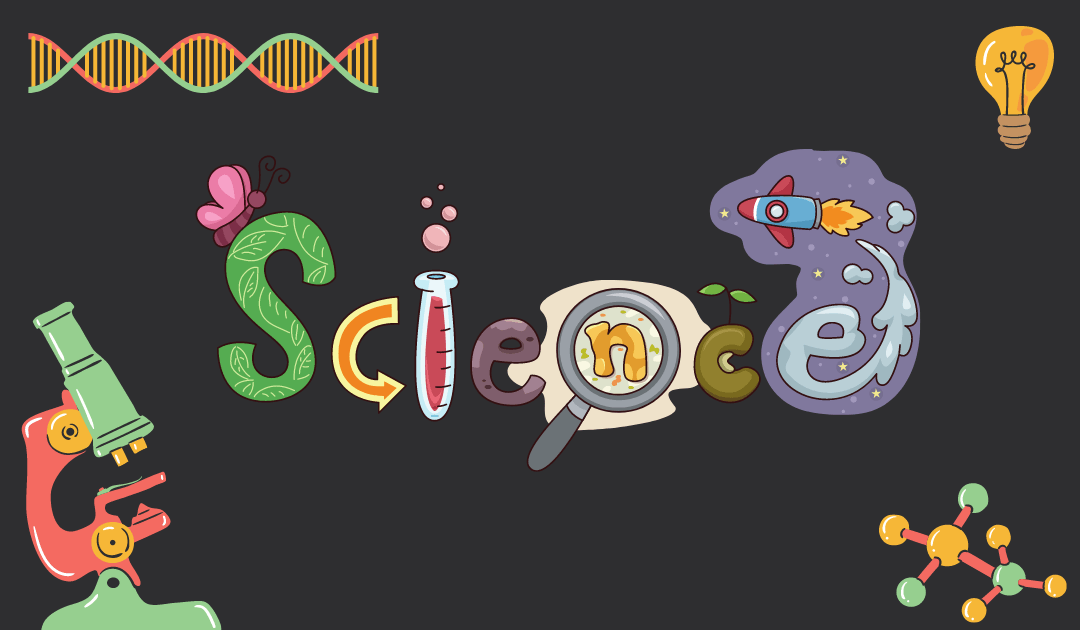Adapted from Creation Answer Book by Hank Hanegraaff
The realization that revelation is key to knowledge led medieval thinkers to crown theology “Queen of the Sciences.” Peter Paul Rubens elegantly illustrated this truth in a seventeenth-century painting entitled The Triumph of the Eucharist. Standing in a chariot propelled by angelic beings was Theology. Walking alongside were Philosophy, a wise and grizzled veteran, and Science, a newcomer in the cosmic conversation. The point of the painting is this: theology is never absent philosophy and science, but philosophy and science absent theology inexorably leads to the blind ditch of ignorance. And Peter Paul Rubens was not the only one convinced of this truth.
First, Leonardo da Vinci, widely considered to be the real founder of modern science, was deeply committed to the scriptural truth—“In the beginning God created the heavens and the earth.” Likewise, Robert Boyle, the father of modern chemistry as well as the greatest physical scientist of his or any other generation, was an able apologist for the Genesis account of origins.
Furthermore, Sir Isaac Newton—a remarkable intellect who developed calculus, discovered the law of gravity, and designed the first reflecting telescope—vigilantly defended the biblical account of creation. Louis Pasteur, best known for developing the concept of pasteurization and demolishing the concept of spontaneous generation*, underscored the power of revelation and undermined the evident absurdities of Darwinian evolution.
Finally, a veritable host of stars in the constellation of scientific discovery were people of science and people of God: Johannes Kepler (astronomy), Francis Bacon (scientific method), Blaise Pascal (mathematics and philosophy), Carolus Linnaeus (biological taxonomy), Gregor Mendel (genetics), Michael Faraday (electromagnetics), Joseph Lister (antiseptic surgery), Henrietta Swan Leavitt (astronomy), and Clara Swain (medicine).
These men and women were deeply committed to both Scripture and empirical* science. As such, they not only unpacked revelations within the book of nature* but were likewise illumined by the truth of biblical revelation.
Source (and for further study), see Henry M. Morris, Men of Science, Men of God: Great Scientists of the Past Who Believed the Bible (El Cajon, CA: Master Books, 1988).
